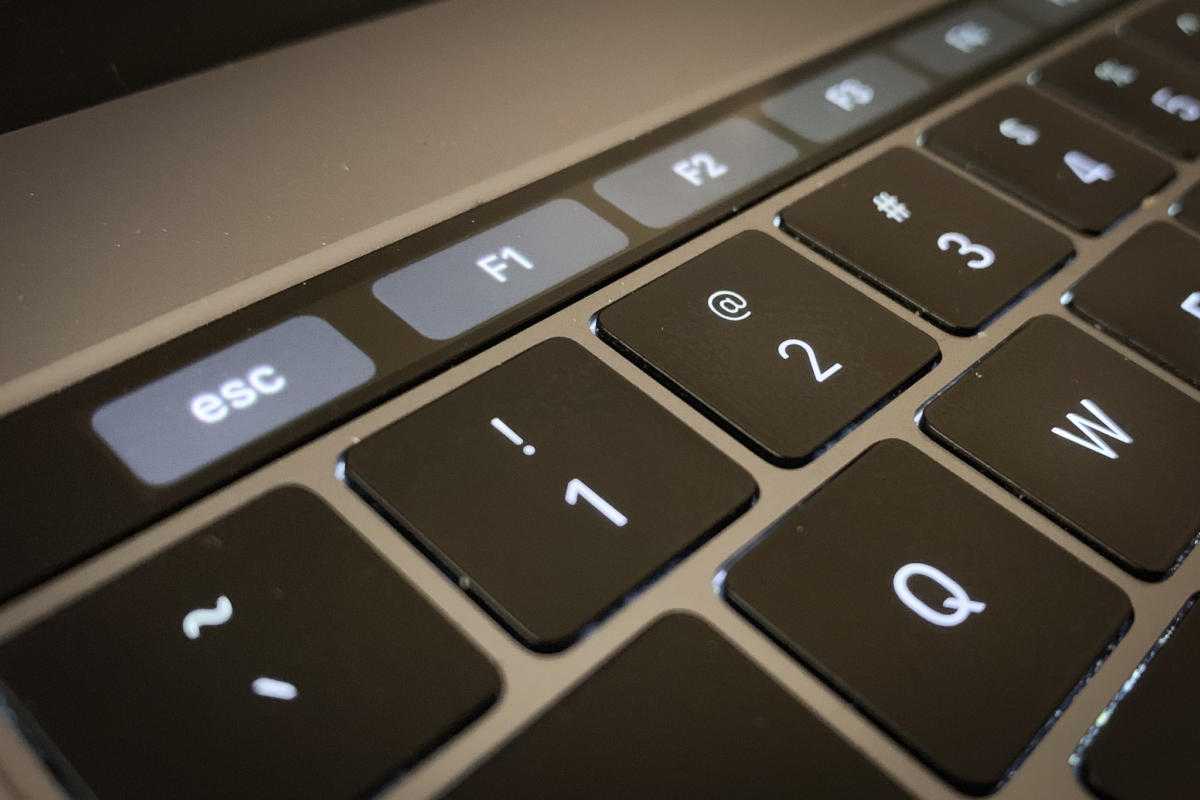

If you are using an encrypted disk, then you can and should store your keylogger files in the encrypted disk or folder.ĭespite my relative lack of concern about privacy issues, the ideal keylogger would not log passwords. Not prepared to take such measures? Then self-installed keyloggers are the least of your privacy concern. You just need a single bit to go wrong in your 20 GB of private space and au revoir your memoirs. Once you bring encryption into the process, even with the slightest corruption no disk utility will ever be able to help you restore lost data. You could also encrypt the disk on which your secrets are written, but my own experience with encrypted disk space is that the person who will suffer is you.Įven unencrypted hard drive storage is relatively unreliable. You can do your backup to a zip drive for which you keep track of all the media (people don’t carry around zip disks anymore, so if you have someone determined enough to come after your writing computer with an extra zip disk, nothing will protect you). missing a network card and wifi and/or automatic DHCP).īetter to remove the floppy drive as well and unplug the USB connectors. For very private writing, it should be done on paper or on an old computer which is no longer capable of being hooked up to the Internet easily or at all (i.e. If you are typing into a computer, particularly one which is near constantly connected to the Internet, you need to accept that there is very limited privacy. I’ve heard all the privacy arguments against keyloggers but I’m not sold. If you value your time, the question is not whether to use a keyloggerīut which keylogger for Mac OS X to choose. Browsers crash often enough when you are writing into a form or browsers have hot keys (especially forward or back) which will reload the page on you at an unexpected time, just when you are in the middle of a very long post. Everyone who works on the web should have a keylogger.


 0 kommentar(er)
0 kommentar(er)
